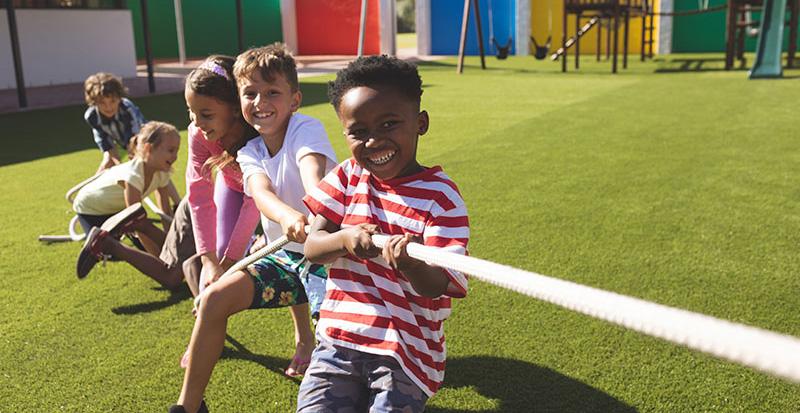Harnessing the Power of Afterschool and Summer Programs to Support Recovery and Reengagement

A growing evidence base suggests that afterschool and summer learning programs can have a positive influence on young people under the right conditions. Studies of afterschool and summer programs have demonstrated a number of positive outcomes: increased engagement in school, improved school-day attendance, fewer unexcused absences, fewer disciplinary referrals, improved academic performance, fewer behavior problems, and improved social and emotional competencies.
In this brief, AIR researchers offer a potential pathway to understanding how learning and development happen in quality afterschool and summer programs. This pathway emphasizes three key competencies—relationship skills, a sense of agency (an individual’s ability to think and act independently), and identity development—that research suggests can facilitate learning and development in other areas, including academic content areas like reading and mathematics.
The brief concludes with five questions and resources that are essential to consider when planning a well-rounded program experience.

